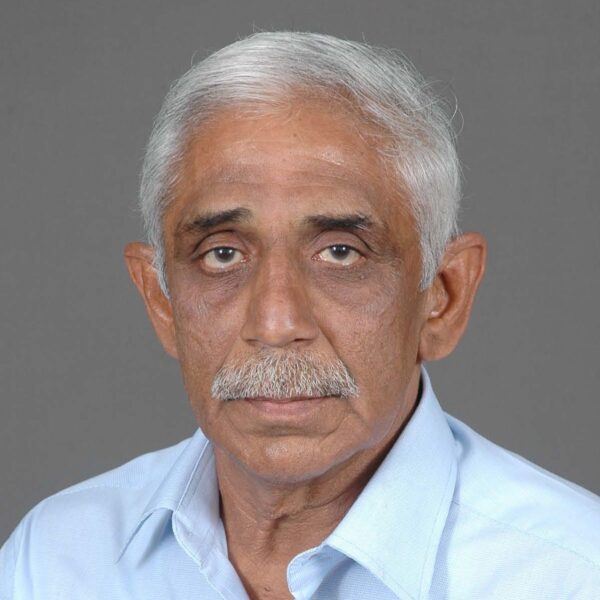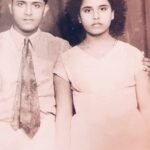
The Forgotten Indian Soldiers of the Great War

While all nations of the Allied Camp in the First World War commemorate the Armistice Day on 11 November wholeheartedly, solemnly remembering the end of the four-year-long trauma their forefathers endured, that spirit somehow does not resonate in the three nations of the Indian subcontinent – India, Pakistan and Bangladesh, which together formed a powerful segment of that camp in the war as a single nation that was India then. India fielded 1.5 million troops in that war, constituting the largest volunteer army in the world until then. More than 74,000 of them did not come back home. The saga of those gallant men who carved an eternal legacy for their land of birth in blood, across global battlefields, from France and Flanders to Mesopotamia and the Middle-East to East Africa, is probably the least remembered chapter of Indian history. Sadly, they are even discounted as flagbearers of British imperialism. It is a reflection of the ill-informed perspective people form from their inability to confront the hard facts of history honestly.
A clear analysis of the peculiar socio-political scenario that prevailed in India at the time that actuated so many men fighting a war so far away from home for a regime that had colonized their own country, would paint an altogether different picture. The Indian Soldier of the war emerges neither a mercenary nor a staunch loyalist of the British Crown, but a hardy individual driven by the need to earn a livelihood and take care of his family, a motive no different from those of millions of his compatriots of the times serving the British in their civilian capacity. In an impoverished country then, they had no option but to turn to the only paymaster who could sustain them. What set the soldier apart however was his tremendous sense of honour which saw him brave the horrors and privations of the war with unflinching courage, comforted only by the thought that if he was killed in action the ‘Sirkar’ would take care of his family.

Notwithstanding the compulsions of poverty, and the coercive strategy the British employed to meet their enlistment targets, a large number of the recruits were driven by a higher motive that their loyal performance would influence the British political thinking to give India her freedom. It was a perception shared by the Indian nationalists including Mahatma Gandhi, who encouraged recruitment. Although, an ungrateful Britain dashed such hopes with the Jallian Wala Bagh massacre, the eventual turn of events that led to India’s freedom left no doubt that it was the fear of the powerful Indian military turning against them that hastened the British departure from the land. That’s a story that the Indian political class would never like to be told.
No wonder, the Armistice Day finds only token commemoration in our country, restricted to cantonments.
Check our website www.tellmystory.in
Follow our socials for more inspiring stories —
YouTube: https://youtube.com/channel/
Hoote: https://hoote.page.link/
Instagram: www.instagram.com/tellmystory.
Twitter: www.twitter.com/tellmystory__
Facebook: www.facebook.com/tellmystory.

Capt. D P Ramachandran
Related News


Butterfingers

Best of Both Worlds

Tiny Titan Tackles Mental Health

Licence to Let Go


The Kalidas Phenomenon

Shortz’ Strikes a Chord: Chennai’s Mini Maestros Shine in Debut Performance

Ring’s Rapturous Response
Recent Stories

Lights, Camera, Inclusion!

Butterfingers

Best of Both Worlds

Tiny Titan Tackles Mental Health

Licence to Let Go



This Post Has 2 Comments
Excellent and inspiring Stories. Thank you
Res. Sir, Your article says right. I am trying to keep legacy alive. Raised World War 1 Memorial in Memory of my Great Grandfather Havildar Kala Singh,45th Rattray’s Sikhs in my village. A lot more done n doing…! Regards